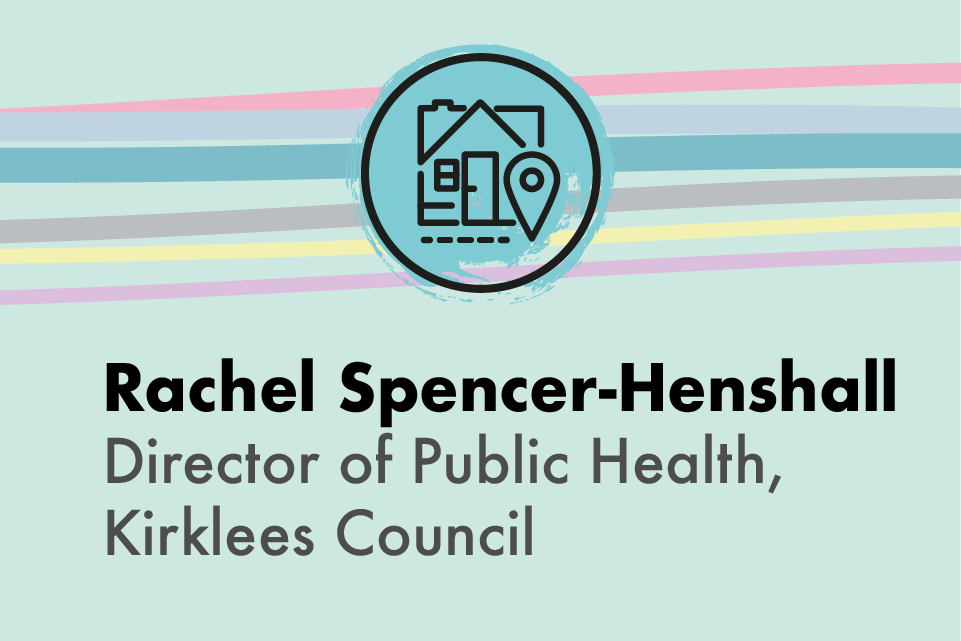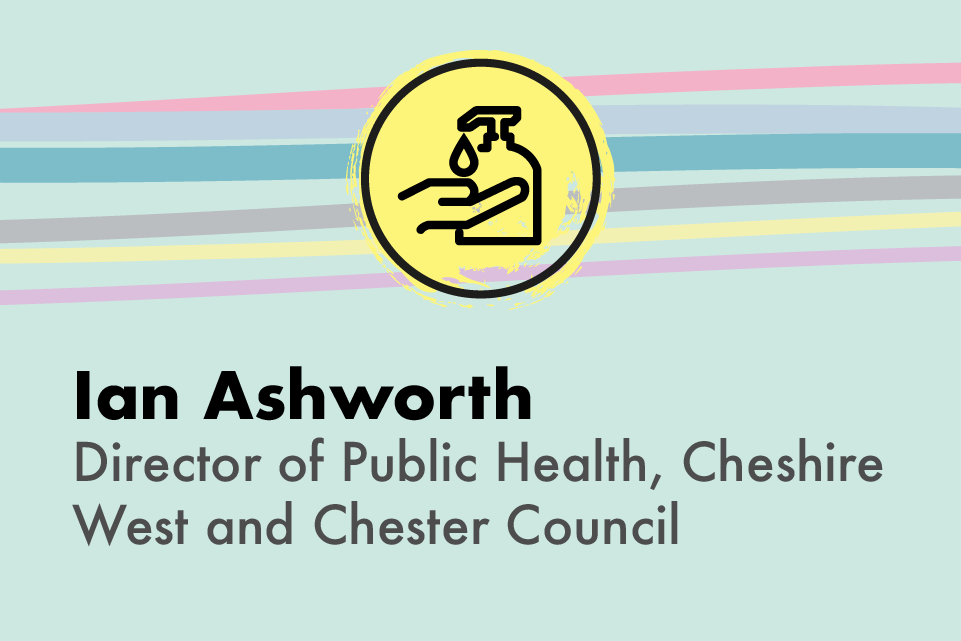Interview with Stephen Gunther, Director of Public Health, Walsall Council.
This is part of a series of interviews with public health directors, published on 12 August 2020.
Walsall has seen some of the highest rates of infection and mortality since the start of the pandemic. It was even called the hotspot of the Black Country at one point.
But while it is seeing rates of new infections above the national average – it has avoided some of the larger local flare-ups seen in other parts of the Midlands and north west in recent weeks.
Director of Public Health Stephen Gunther said that is because of the team effort behind the scenes, which has seen the whole community pull together to tackle the pandemic.
“We have tried to work closely with local people from the very start. There is only so much a public health team can do on its own. So we have made it a priority to work with members and the wider community.
“We hold weekly briefings and provide regular updates to members – we have 60 and all know their local communities really well and have good connections with local communities.
“We encourage them to report in what they have heard – no matter how small, while asking them to champion the importance of good hand hygiene, social distancing and engaging with NHS Test and Trace.
“For example, the other day we heard that there had been a positive case at a golf club 24 hours before the national team alerted us. Tapping into that local knowledge has certainly helped us keep on top of things all along the way.”
How hair dressers and gym instructors can play a role
As well as working with members, the drive has also encompassed close work with the community. “We have tried to get people in the community to role model good behaviour – whether they are faith leaders, hair dressers or gym instructors. Everyone has a role to play.
“It seems to be working. We had one landlady who rang round all her customers after a positive test at her pub to warn them. It saved us the job. We have really got lots of different people like that working proactively.”
Mr Gunther says the public health team has worked closely with community associations, the voluntary sector bodies, housing groups and local businesses – but often through established networks and partnerships.
“You don’t have to invent something new. You can work through existing structures or through the contacts you are having in other ways. For example, as our business team has been handing out the grants we have been engaging local businesses. Around 4,000 emergency grants were handed out – that is quite a substantial reach.
“We have been building those links, helping identify high-risk locations and working with them and supporting them. We have a Test and Trace operational group, which includes public health, environmental health, communications and the business team. We are now working with around 500 business to help provide more support.”
The two key questions I ask myself
“Throughout the COVID-19 pandemic I have constantly asked myself two questions ‘what is my role now’ and ‘where can I add the most value?’
“For me this meant looking at the skills and talents across and beyond the borough on who was best placed to lead them, as there was no point in trying to contain or lead all actions myself or through my team.
“It was a conscious decision to look to respond in a dispersed leadership approach, building on the skills and talents of others, guiding, providing reassurance or just letting them get on with it.
“My role was to keep abreast of developments, the latest evidence and guidance and keeping stakeholders engaged and up-to-date. Simply put - providing clarity, direction and support. As the situation constantly changed, the response had to. You have to be agile.
“But the risk is that you lose sight of what is happening. There is so much noise – the constant demand for information, the meetings, the latest news developments – you have to be able to take a step back and see the big picture. Making sure you take a break is important in that.
“We are all working long hours, but a bit of exercise or some time with the family can be crucial. Fatigue can be a real problem if you are not careful.”
‘We’re not going to get it perfect every time’
Another key mantra for Mr Gunther is that of “learning as you go”. “We have to learn from each other and elsewhere as we are not going to get perfect first time, every time. I have had great support from my director of public health colleagues locally. We have been in regular contact.
“I’ve looked at wide and at varied sources of information, trying to think laterally on how others are applying action and what could be done locally.
“I have also encouraged others to share their experiences too. For example, we have been running webinars with schools, helping them to prepare for September. At one of them I got a head teacher, who had had to deal with one of her members of staff testing and all the fallout from that, to do a webinar.
“As we more into the next phase in containing the disease, sharing experiences, learning and support for each other is going to continue to be important.
“Don’t be afraid to share, question, challenge and reflect on what we have had to deal with and achieved so far.”



